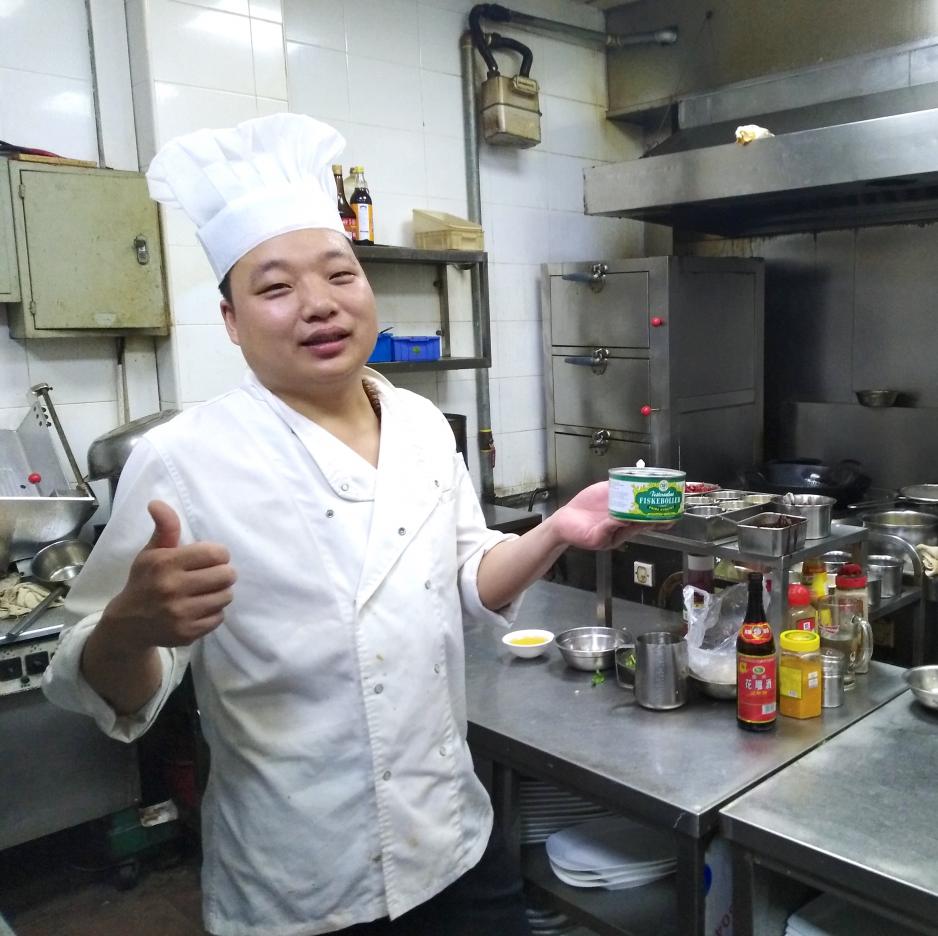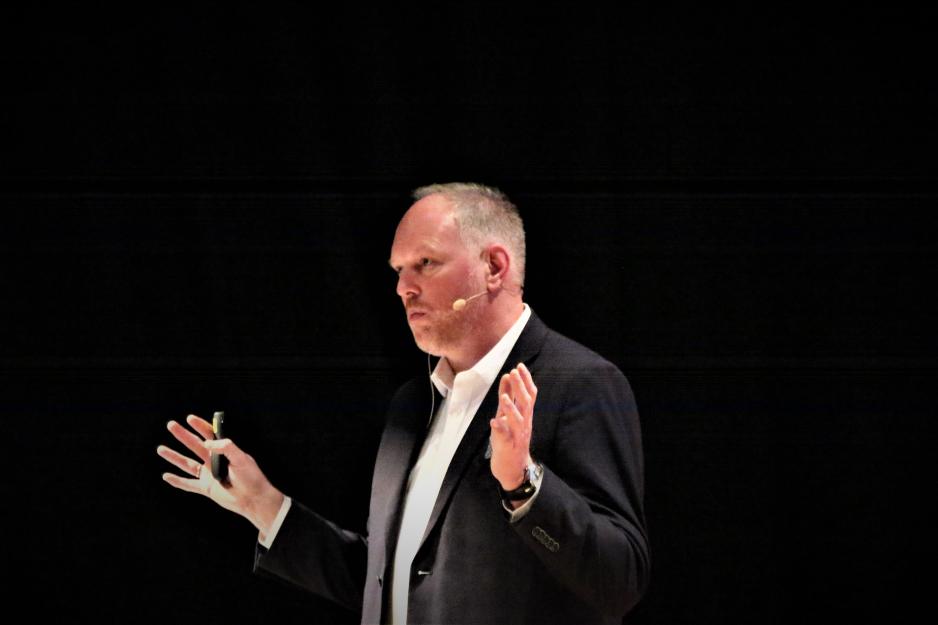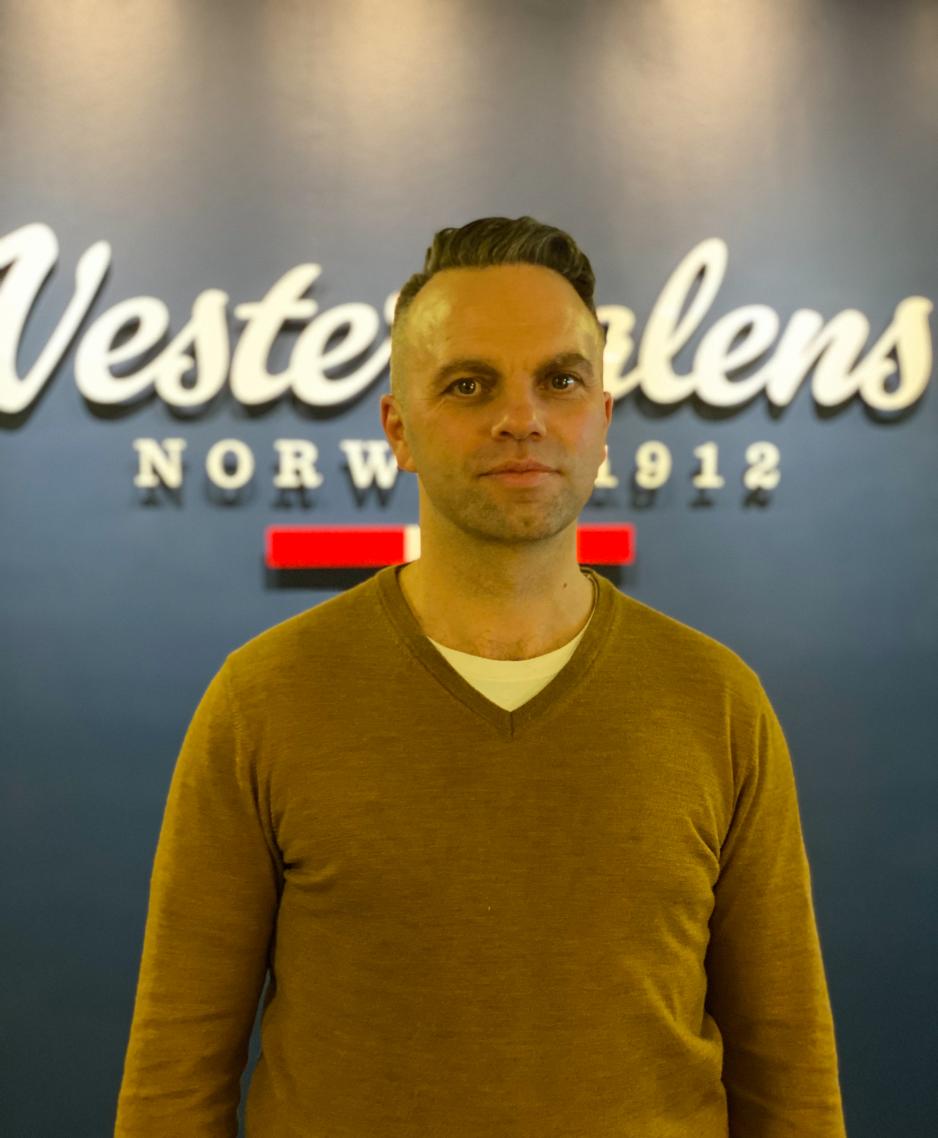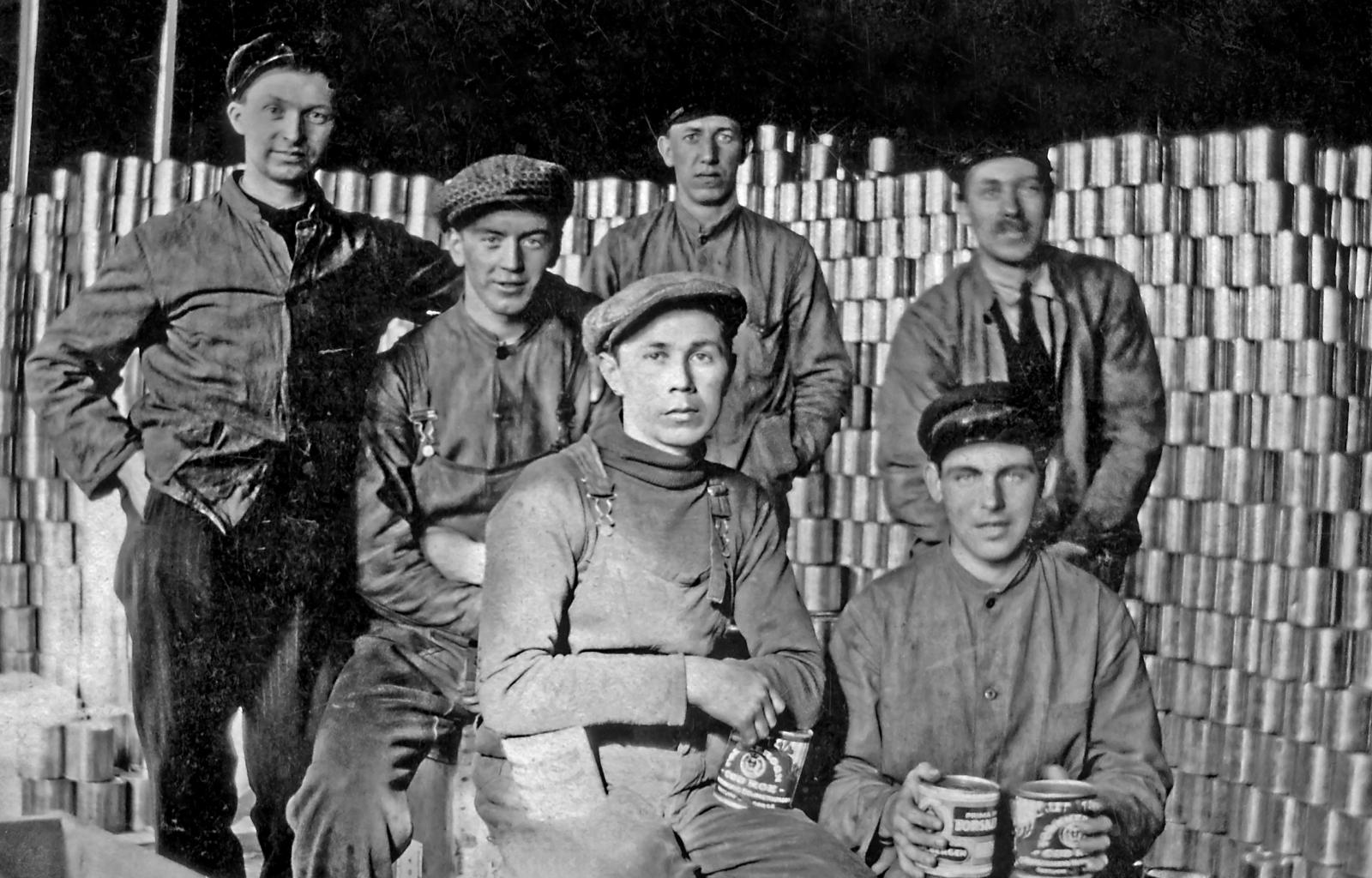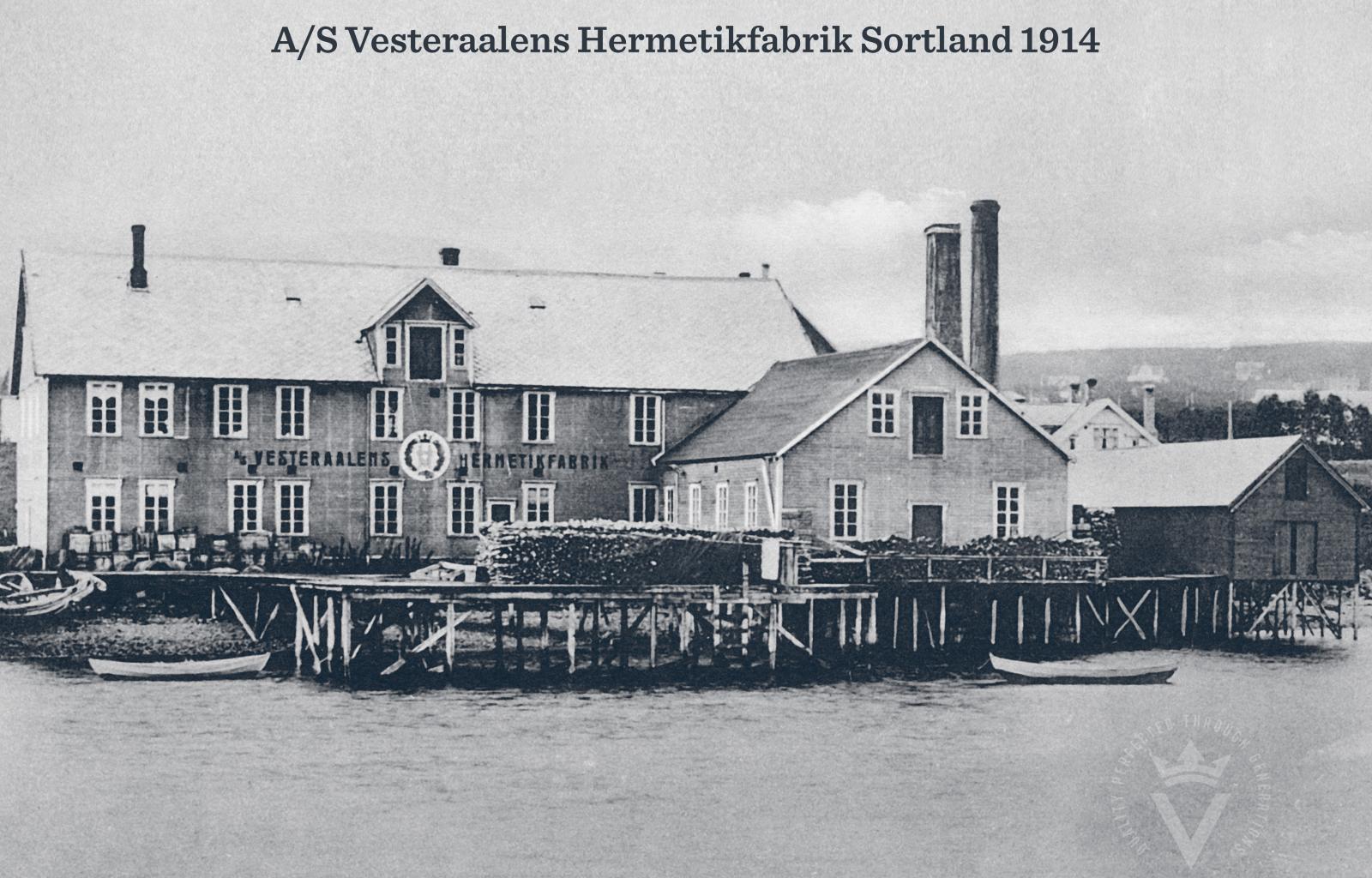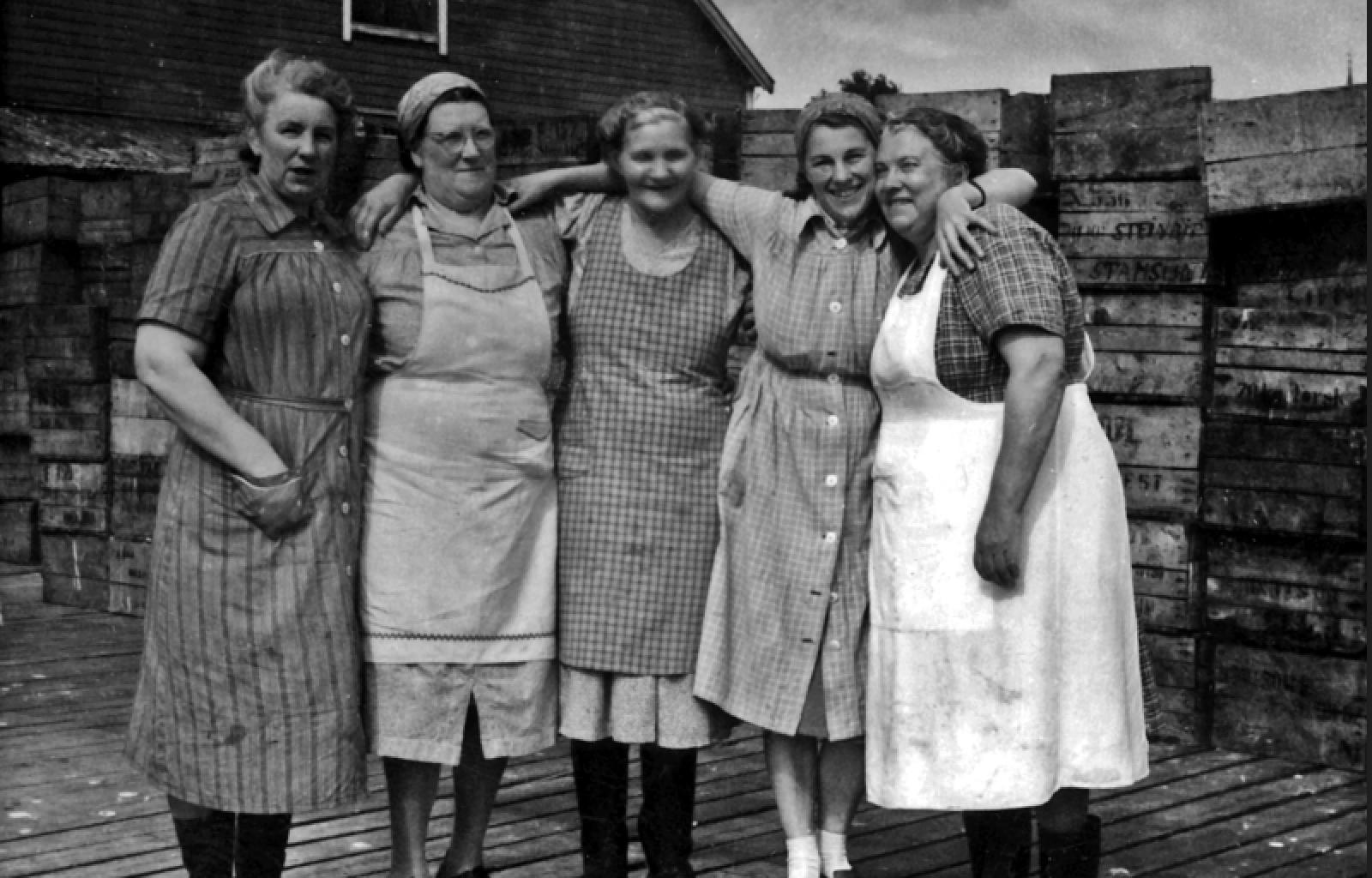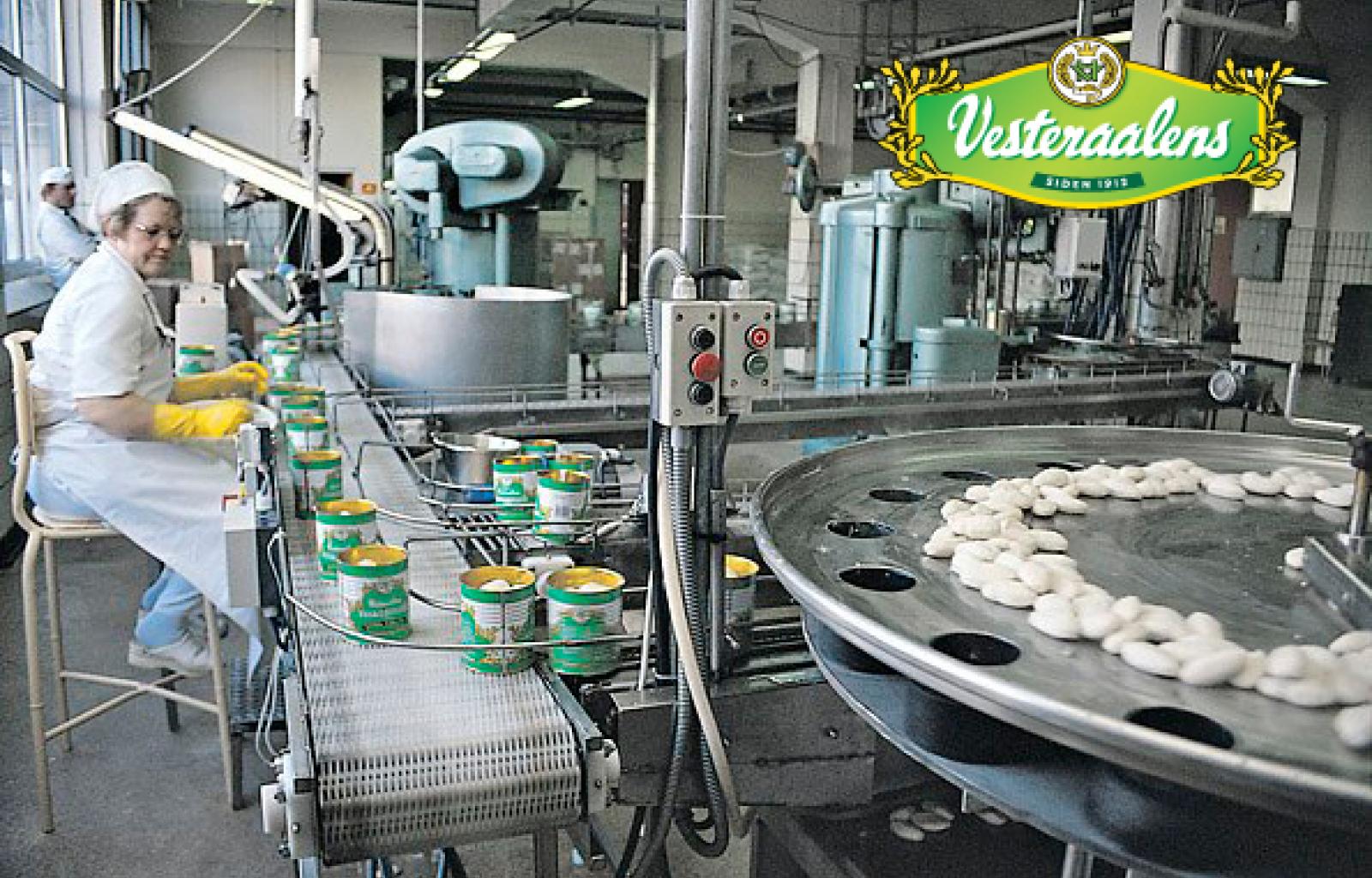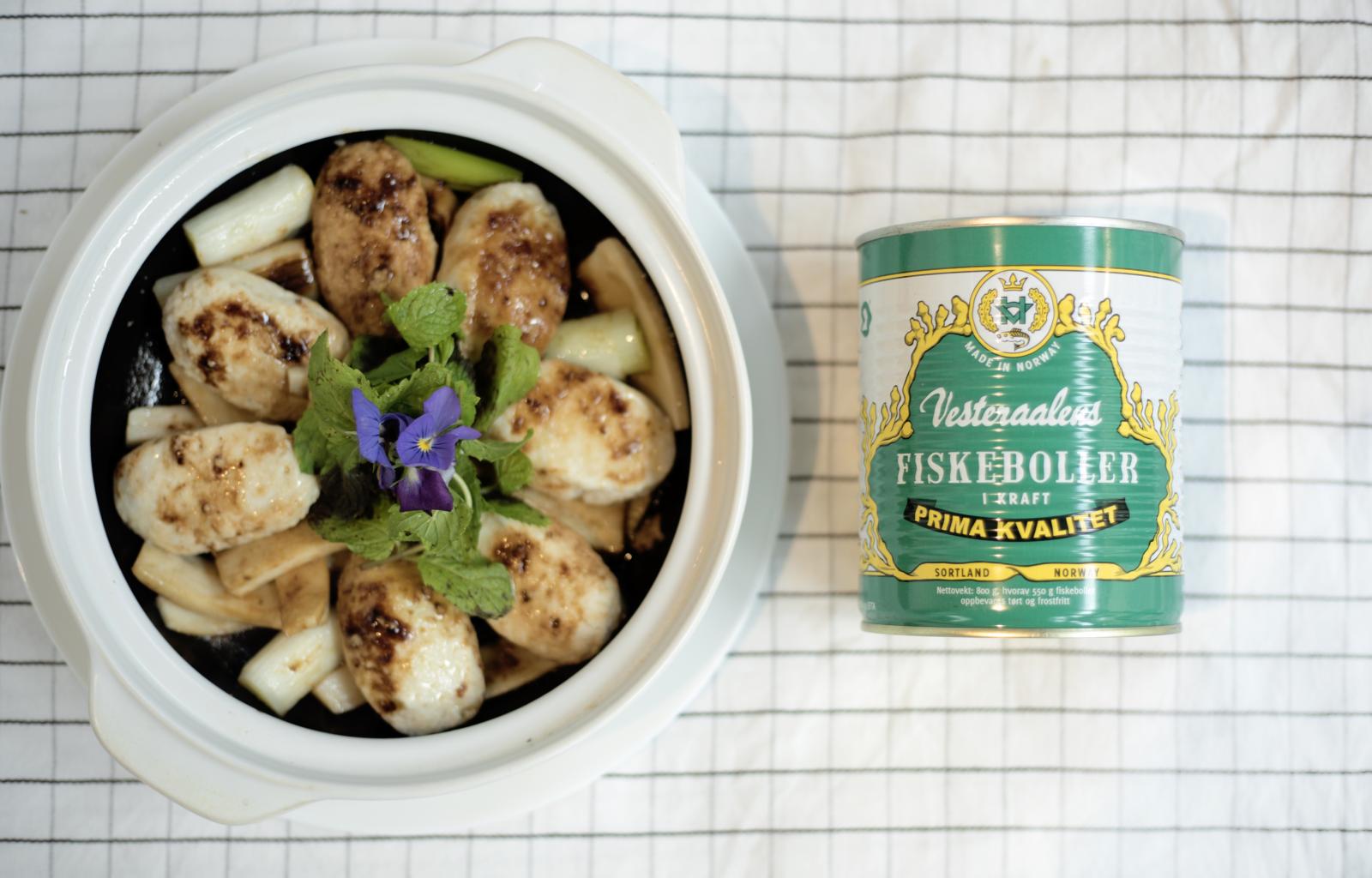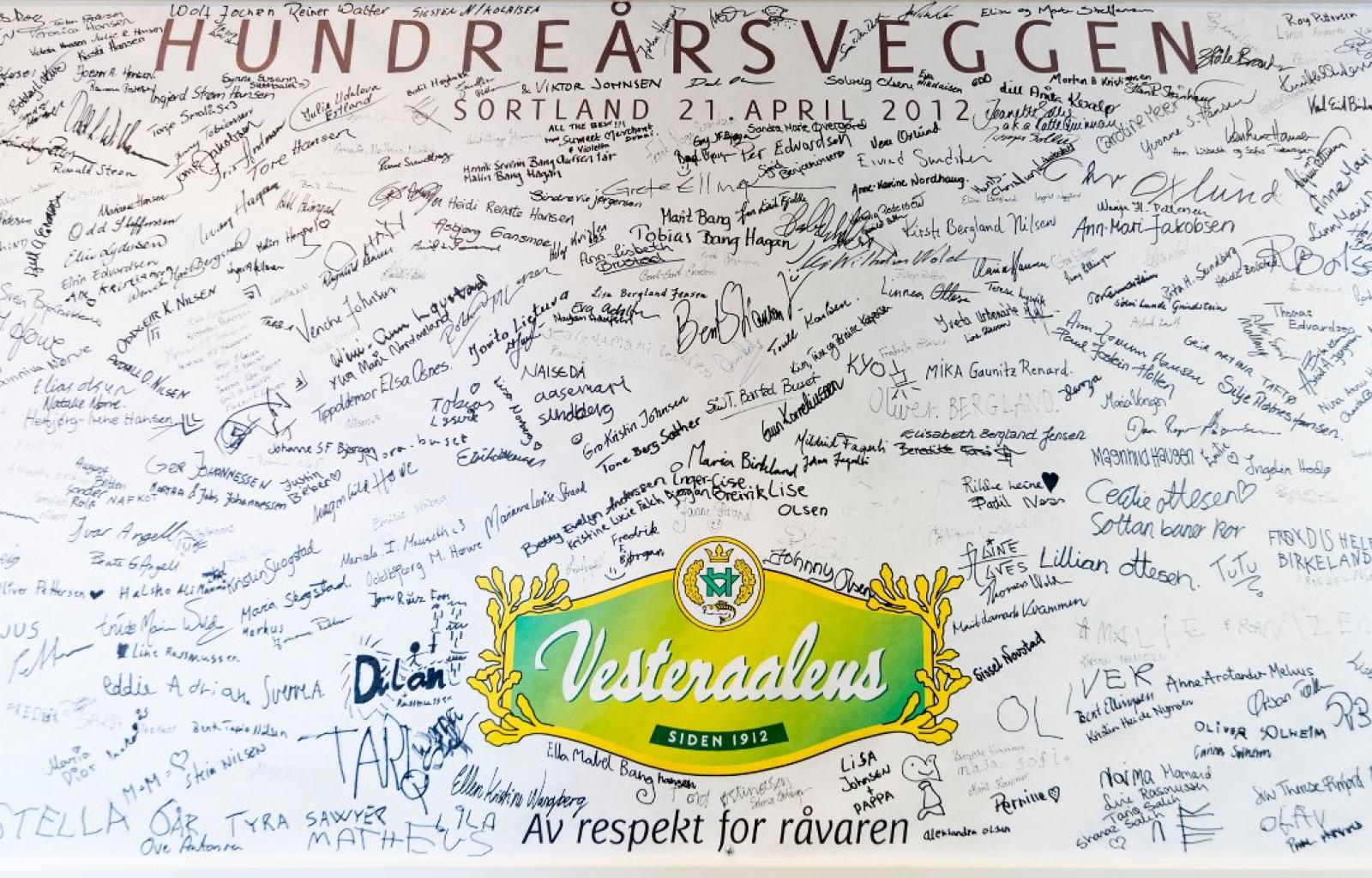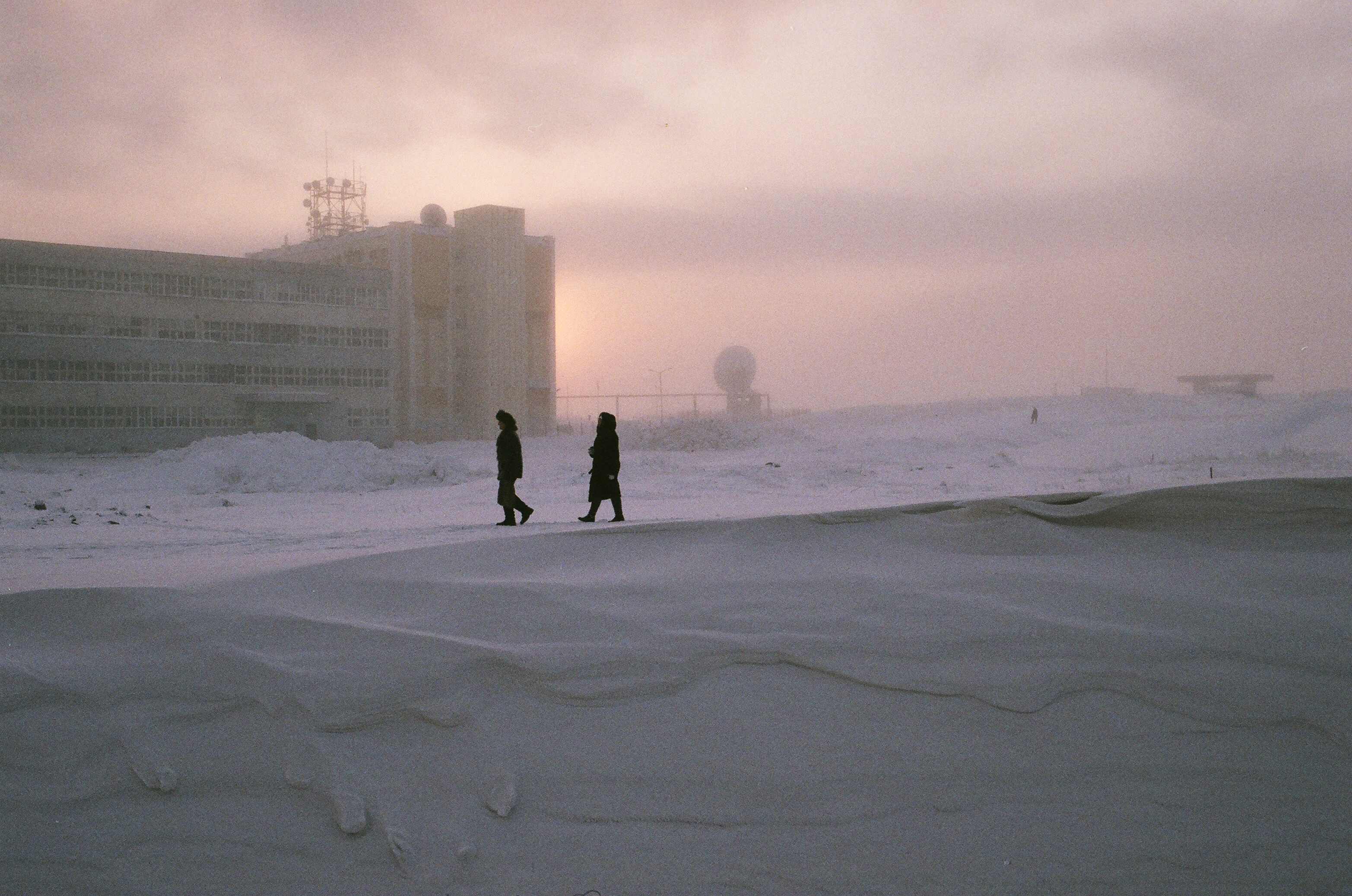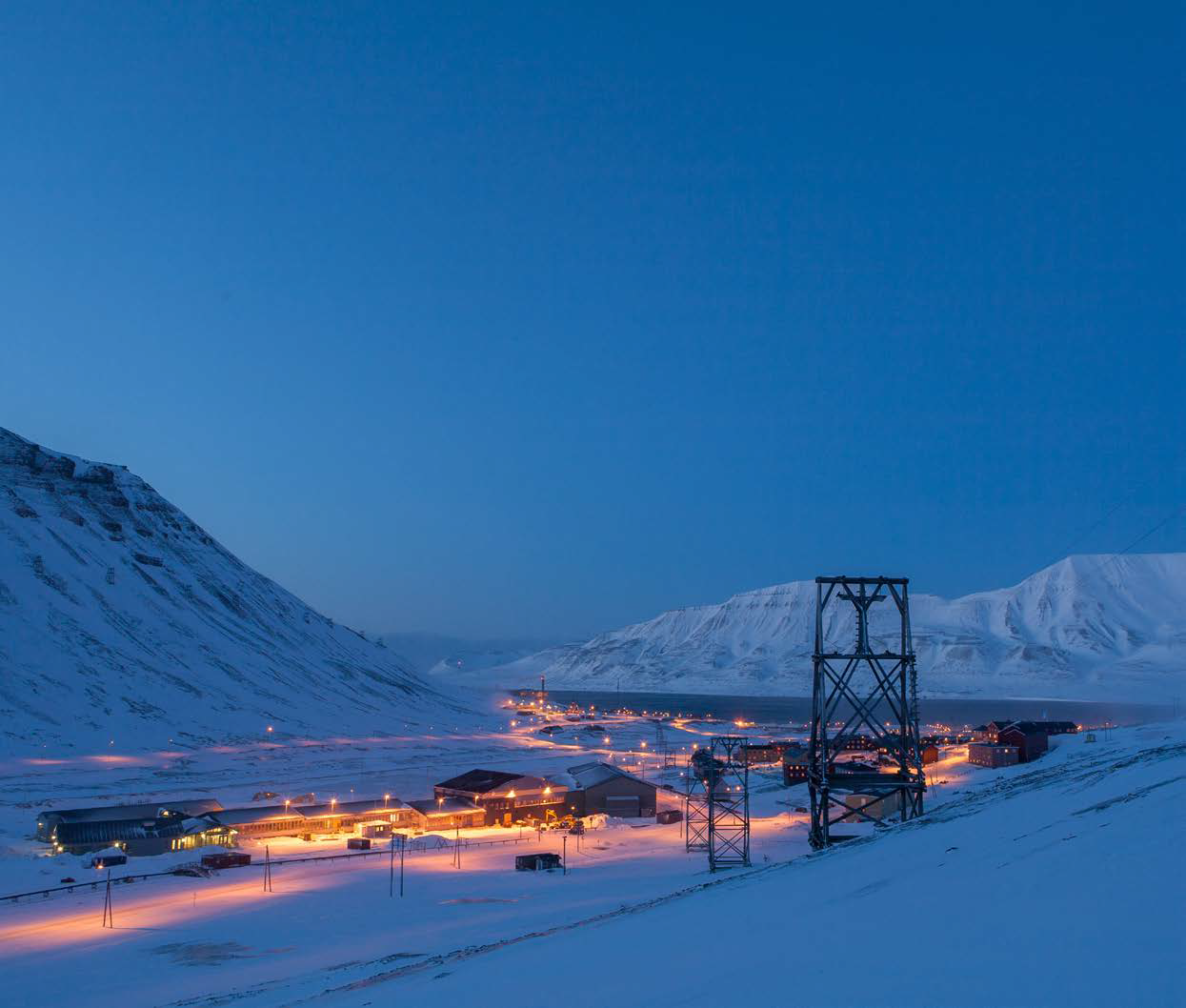Bringing A Norwegian “National Dish” to the Chinese Market
Just before Christmas, the first two containers of fish balls from the little municipality of Sortland in Northern Norway were shipped to Shanghai, China. The producer Vesteraalens AS believes this to be the kickoff of a new North Norwegian export adventure.
Every Norwegian has a relationship to the ‘world famous in Norway’ green and white tin cans with fish balls inside – for better or worse.
Famed Norwegian author Lars Saabye Christensen wrote a poem about it. And when the company celebrated its 100th anniversary in 2012, the fan club counted more than 7,000 members.
Chinese initiative
Vesteraalen’s fish balls have been available for Norwegian consumers since 1912. In 1918, Roald Amundsen had canned fish balls from Sortland in his supplies when heading for the North Pole.
More than 100 years later, the historic company looks to the East. Two years ago, Vesteraalens opened offices in Shanghai, China. China was not randomly chosen.
“Even though Scandinavians are very familiar with fish balls, there is no market for it elsewhere in the world. However, in China, fish balls are already an established product, says Sales and Marketing Manager Erik Nikolaisen to High North News.
Though unlike the Norwegian fish balls, the Chinese varieties are often industrially produced and contain a low level of nutritional contents.
“As Chinese purchasing power has increased, Chinese people focus more on health, quality and nutrition. It is no longer just about filling the stomach. We believe that this fact, in combination with the high level of trust Scandinavian products hold in China, creates a market for us there, Nikolaisen continues.
Fish farming pulls the most
Last Tuesday, Index Nordland was presented; a survey measuring business and population in Nordland County.
"Business pulls its weight", said Erlend Bullvåg, project manager of Index Nordland and Dean at Nord University Business School, during the presentation.
There is one industry in particular that accounts for the biggest growth in both profits and wealth creation:
Fisheries and the fish farming industry have taken the lead and allow business in Nordland to have more than 10 percent profitability, which is way above the Norwegian average.
The seafood industry has seen a tremendous growth and had an annual turnover of NOK 24 billion last year, a figure twice the size it was a decade ago.
Long process in cold climate
The process of mapping the market and bringing Norwegian fish balls to Chinese dinner plates started four years ago.
Against all odds, the North Norwegian company managed to enter the market of the world’s most populous country while the political climate between Norway and China was at an all-time low, following the awarding of the 2010 Nobel Peace Prize to Liu Xiaobo.
“Of course we noticed, and perhaps that which we have managed today would not be possible four years ago. Fortunately, however, the climate has gradually improved. There are currently negotiations about a free-trade agreement for white fish and cod, which will help us further”, says Nikolaisen. He describes the formula for success:
You cannot sit in Norway and believe you can break through in China.
“You must be present in the country whose market you want to enter. You cannot sit in Norway and believe you can break through in China. It is also important to maintain a healthy skepticism as to who you take on as partner, because ‘everybody’ wants to help you in China.”
Vesteraalens used a year and a half to find the right partner. Eventually, the company selected the well-established company Alliance.
“They are a solid actor in several areas, including Omega 3, which we also produce. They also know the European market well and import milk from Germany, for instance”, Nikolaisen says.
He makes not secret of the fact that it has been a tough job, both when it comes to logistics, language, taxes and marketing.
“The regulations system is very demanding and there has been a lot of back and forth. Nevertheless, last summer we finally had a product that was approved, and we were then able to start producing and conducting test sales.”
Fish balls as a door opener
Just before Christmas, the first two containers of fish balls were sent from Sortland to Shanghai.
“We start small, with campaigns aimed at various groups of people to see if our algorithms work as intended. Then in March we will have a bigger launch”, he says.
If all goes according to plan, this is just the beginning of a far bigger adventure.
“We will use the first year to get started properly. However, our goal for the coming three-year period is to sell three million cans of fish balls in China”, Nikolaisen says and reveals that the fish ball initiative is just one part of a wider plan for the company from Sortland.
“Our long-term goal is to try and enter the market with several products, such as Omega 3 and cod fish filets too.”
Must dare to try
Vesteraalen’s Chinese initiative is a good example that it is possible to think big and reach far. Even though using the word “success” would be premature as of yet, feedback from Chinese customers on the jd.com web site indicates just that.
Nikolaisen argues that the Norwegian seafood industry has a wider potential than what it currently is able to realise.
“Cod volumes do not increase, so we must increase the value of what we have. In order to do that, we must make use of the entire raw material, from its liver to its skin.”
The industry should also get better at using technology to reach new markets.
“Technology is not a threat to the whitefish industry; it rather represents a major opportunity. Using the technology available, we can provide both value creating and growth while also creating high competence jobs in the region”, he argues.
It is perhaps easier to say so than to do so?
“It requires companies that dare to go for it, as well as authorities, who understand the potential and facilitate it. Also, investors need to come in at an early stage”, Nikolaisen believes.
Technology is not a threat to the whitefish industry; it rather represents a major opportunity.
He says Vesteraalens has invested significant amounts in its China initiative, but the company believes it will generate revenues.
“Fish balls is just one out of three main products for us at Vesteraalens, yet we estimate that selling fish balls to China will generate some NOK 100 millions annually”, he says in closing.
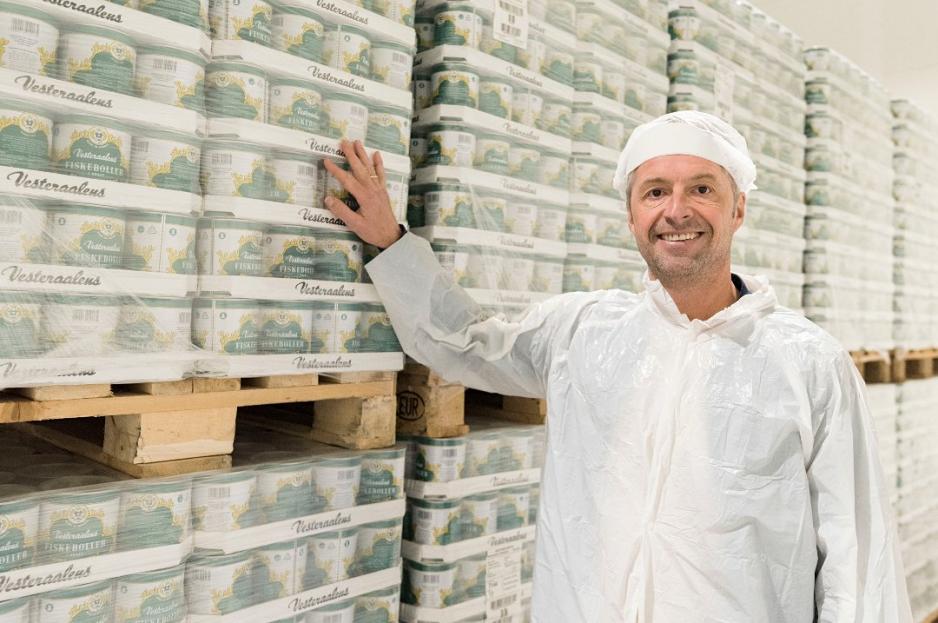
Managing Director Viktor Johnsen showing the ready-made fish ball tin cans. Photo: Ivan Ortegon/Nordlys
This article was originally published in Norwegian and has been translated by HNN's Elisabeth Bergquist.


